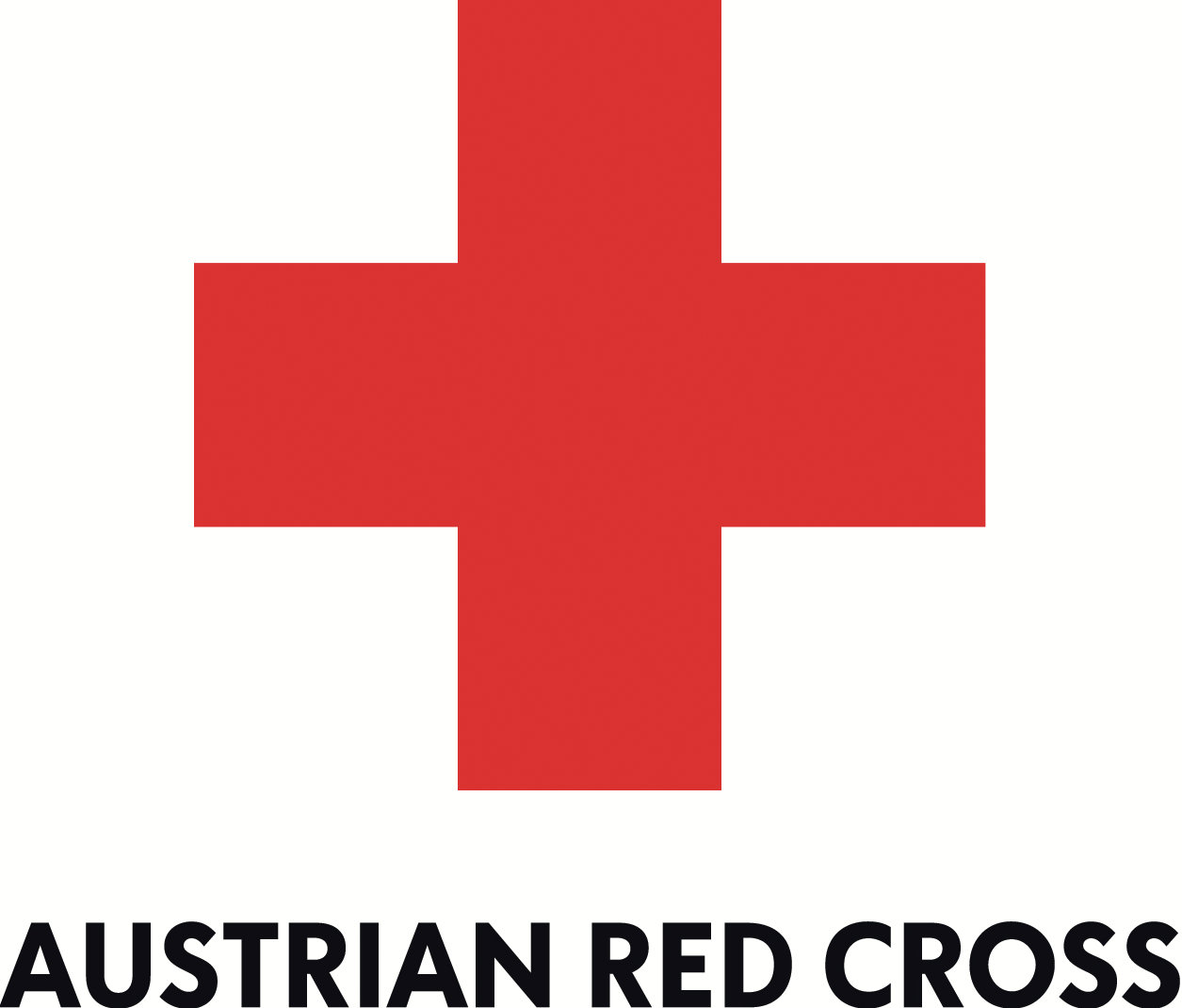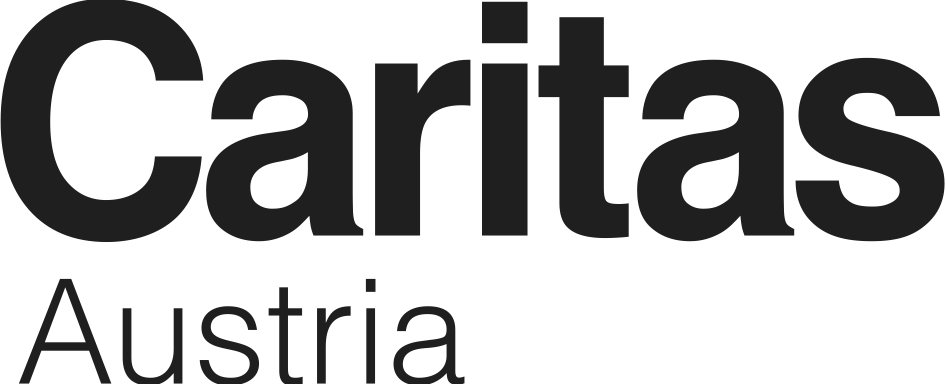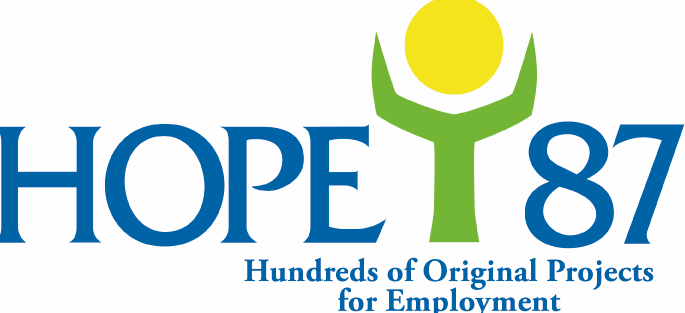Excellencies,
Ladies and Gentlemen,
It is a great pleasure to welcome you to the fifth Humanitarian Congress in Vienna. I wish to thank the organizers, Austria’s civil society community, for inviting me. I am heartened by your level of commitment and dedication. I value very much your engagement in raising awareness on humanitarian aid. It is impressive to see how you have brought together leading experts and decision-makers from all over the world to discuss the very timely topic of the future of humanitarian aid. They need no introduction. Therefore, I will be brief.
Over the past decade, humanitarian crises have significantly increased in number and duration, putting significant financial strain on the international humanitarian system. In May 2016, in Istanbul, the World Humanitarian Summit rallied the international community together behind a vision to deal with this challenging situation. Today, the call to action set out in the Agenda for Humanity remains as pressing as ever. According to OCHA’s Global Humanitarian Overview for 2019, more than 131 million people across the world need humanitarian assistance and protection. This is 6 million people more than in the 2016. Global forced displacement, already at record levels in 2016, continues to increase. Man-made crises, triggered by conflict remain the main driver of humanitarian needs. The protracted nature of these crises requires a more coherent interplay between humanitarian and development efforts. At the same time, humanitarian assistance saves lives but should not be seen as a substitute for development assistance or a tool for political solutions.
These extraordinary challenges ahead require us to reflect collectively on how to use our resources and capabilities better. What needs to be changed and what should be retained? I am convinced that this congress will provide valuable input for further reflections. I am looking forward to a fruitful discussion.
Thank you.


















